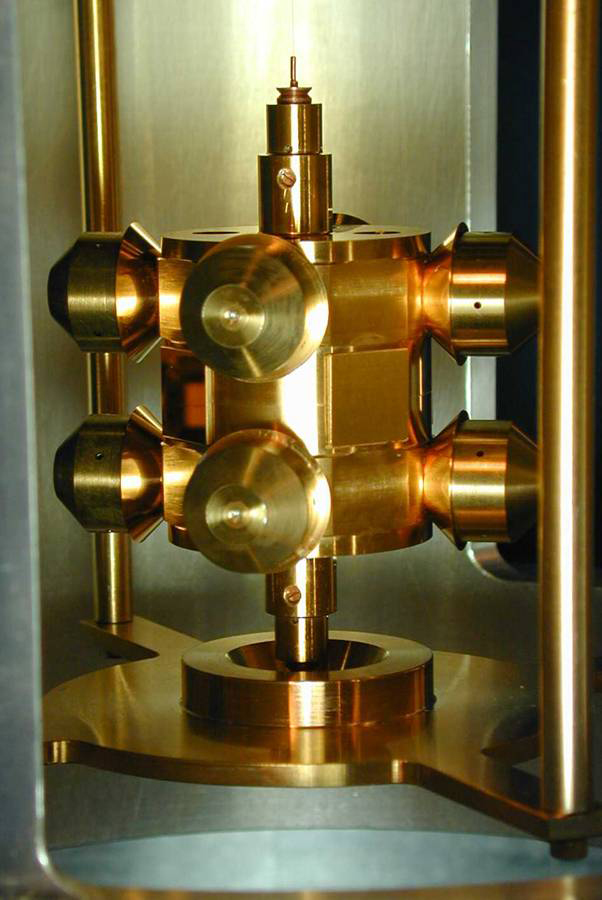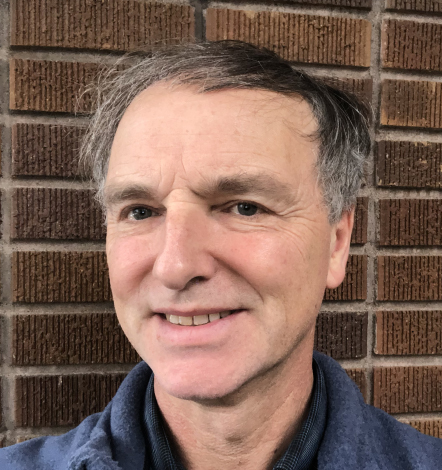Lecture 1
Addressing the mysteries of our physical universe with gravitational experiments
| Speaker | Distinguished visitor Prof Jens Gundlach, University of Washington, Seattle |
| Date/Time | Friday, 25 Oct, 10AM |
| Location | Seminar room S12-04-03 |
| Moderator | A/Prof Wang Qinghai |
Abstract
In this lecture, I will begin by situating gravity within the broader context of fundamental physics, focusing on significant unsolved questions. Gravity is encapsulated in Einstein’s General Relativity, but this model seems disconnected from the Standard Model, which describes all the matter we are used to. In addition we know very little about dark matter, which constitutes most of the gravitating matter in the universe but does not behave like Standard Model matter. Even more enigmatic is dark energy, which appears to exhibit anti-gravitational effects.
With this context in mind, I will discuss how our laboratory experiments test the foundations of General Relativity and may help address these major puzzles. Most of my group’s experiments are based on the tried-and-true torsion balance, which we have modified and refined into an ultra-sensitive modern tool for exploring new physics. Using our torsion balances, we have tested the equivalence principle—including a specific test for dark matter—, looked for 1/r^2-violations of Newton’s law of gravity, and searched for ultra-low-mass dark matter. Additionally, we developed a new torsion balance technique that allowed us to make the most precise measurement of Newton’s constant to date. If time permits, I will describe the instrumentation we developed to improve gravitational wave detection with LIGO.

Biography
Jens Gundlach is Professor of Physics at the University of Washington in Seattle. He studied physics at the Johannes Gutenberg University in Mainz, Germany, and earned his Ph.D. in nuclear physics from the University of Washington. He then became interested in testing fundamental aspects of gravity. His group is well-known for the best tests of the equivalence principle, measurements of gravity at sub-millimetre separations and for inventing a more precise method to measure Newton’s constant, big G. His group also develops instrumentation to aid gravitational wave detection.
In 2004, Dr. Gundlach became interested in biophysics and soon emerged with breakthrough achievements. His group was first to demonstrate functional nanopore sequencing of DNA, which thereafter became a commercially available technology. Gundlach’s group then went on to develop an ultra-precise single-molecule tool to resolve the activity of enzymes with unprecedented precision.
With an attitude that nothing is impossible, Dr. Gundlach now runs two world-leading labs in diametrically opposite fields of physics.
In 2021 he was awarded the Breakthrough Prize in Fundamental Physics for his work on gravity.

